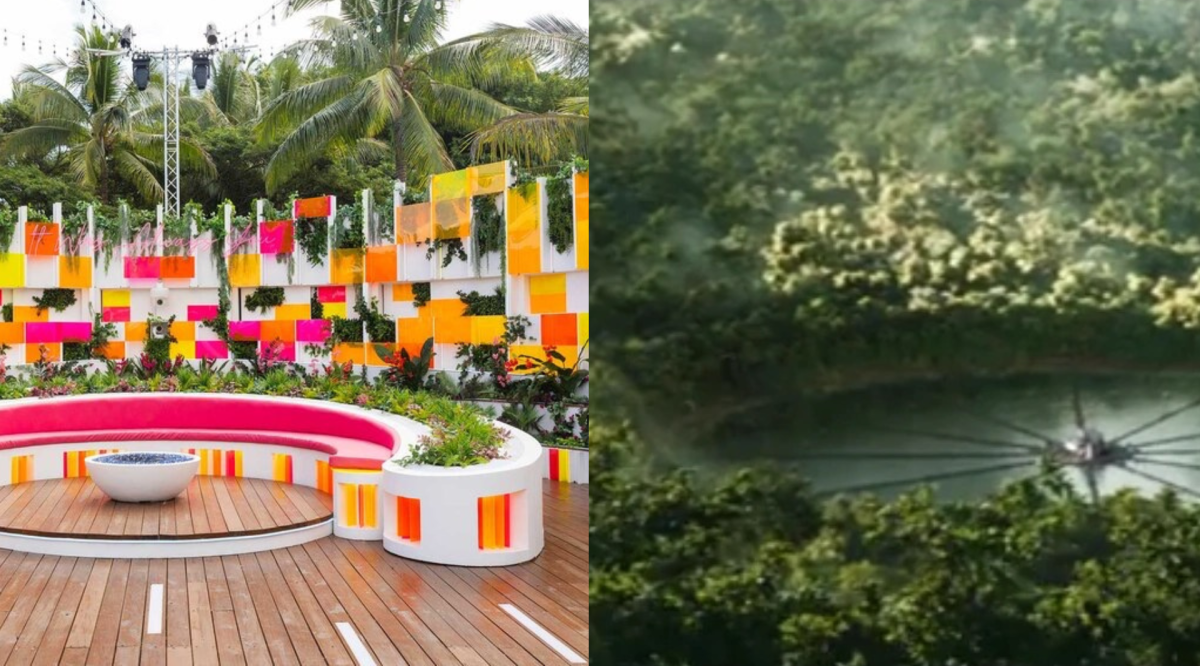We all love the show that follows a group of contestants from various parts of the country in a specially-designed area, full of monitored cameras where players are forced to watch their every move to survive the public’s approval. And I’m not talking about the Hunger Games.
This may sound like an extreme comparison by a media obsessed watcher like me but the more you indulge into the system of Love Island, the more it becomes clear. The entire show is built around flirtation, betrayal and votes from the audience, whom the contestants can’t see. While the show is seen as mostly “harmless,” it reflects how dystopian our world truly is.
When Suzannah Collins first created the idea of The Hunger Games, she found inspiration through flipping between two realities: footage of the Iraq war and reality television. She found it disturbingly interesting how easy it was to go from watching people suffer far away and other people lounging in bikinis. This same disturbance led to the idea of Panem, the dystopian version of North America in Hunger Games in the series.
While this idea came to Collins fifteen years ago, the same horrible split screen is still here.
Gaza and Ukraine still suffer from missiles striking their neighborhoods, while my For You Page is filled with new couplings and drama. The important news headlines become dominated by TikTok edits of couples torn apart in “recouplings.”
We consume this meaningless drama while millions suffer just like the citizens of the capital obsessing over the Hunger Games, while district 12 starves.
Even in this extremity, no one dies in Love Island. But the design of the show is truly surviving a social experiment. The villa is an arena for young desperate adults to be judged in severity based on attractiveness and personality. Romantic pairings become a strategy to win the game. Each move is monitored all day and night so the audience can choose who they want to vote off next.
Love is strategy and a performance. Screen time, fans and attention are all aspects of winning. This is almost exactly what happens in the Hunger Games. The tributes are turned into marketable players just like the islanders. While the islanders usually leave the villa with brand deals and careers as influencers, the tributes didn’t usually get the same reward.
But what about the islanders that aren’t loved on the show?
Contestants on Love Island join voluntarily, but after that first agreement the rest of their stories are now up to the producers. We as the audience watch, vote and judge. In Panem, the Capitol watched as people killed each other in an arena. In our world, we watch as strangers fight over love in sabotaging and betraying ways.
When the media decides they don’t like an islander and they are voted off, they can come into the real world surrounded by hate they never knew was coming.
The entire genre of reality TV is seen as a form of “self-care,” when in reality it distracts us from what really matters. The Capital is obsessed with the Games for a reason because the overly insane spectacle keeps them distracted from the true injustice in their world.
Suzanne Collins wrote books about our own life right now. Maybe it’s time we decide which reality we’re really living in.


